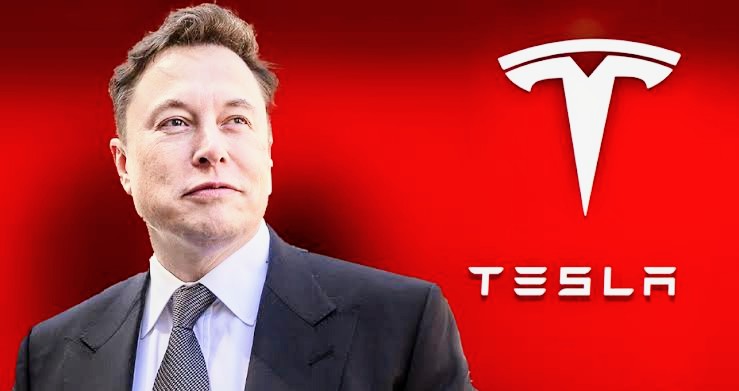Tesla: Musk seeks more voting control to push AI
Tesla CEO Elon Musk has expressed discomfort about the prospect of growing the company’s leadership in the fields of artificial intelligence and robotics without having at least 25% voting control of the organization. This would represent nearly double his current stake.
Musk stated on Monday, via the social media platform X (formerly Twitter), that he prefers to receive a stake in the world’s most valuable automaker substantial enough to wield influence but not to the extent of being immune to overruling.
I am uncomfortable growing Tesla to be a leader in AI & robotics without having ~25% voting control. Enough to be influential, but not so much that I can’t be overturned.
Unless that is the case, I would prefer to build products outside of Tesla. You don’t seem to understand…
— Elon Musk (@elonmusk) January 15, 2024
He indicated that without such a stake at Tesla, he would opt for developing products independently of the electric-vehicle manufacturer.
Musk’s warning about developing AI and robotics outside Tesla unless he gets more voting control could infringe on his duties as CEO, governance experts and analysts said.
He has long touted Tesla’s partially automated “Full Self-Driving” software and its prototype humanoid robots, but the electric-vehicle maker generates most of its revenue from its automotive business.
He also promoted Tesla’s Dojo supercomputer to train AI models, which Morgan Stanley analyst Adam Jonas said in September could boost its market value by almost $600 billion by helping to speed up its foray into robotaxis and software services.
Tesla’s shares inched up 0.5% on Tuesday, but have fallen by more than 11% since the start of the month.
Musk, the world’s richest person, currently owns around 13% of Tesla stock after selling billions of dollars of shares in 2022 partly to help finance his $44 billion purchase of Twitter.
Also Read: Tesla launches restyled Model 3
In a separate post on X, he said he would be fine with a dual-class share structure to achieve his goal of getting 25% voting control, but was told it was impossible after Tesla’s initial public offering.
“It’s weird that a crazy multi-class share structure like Meta has, which gives the next 20+ generations of Zuckerbergs control, is fine pre-IPO, but even a reasonable dual-class is not allowed post-IPO,” he said, referring to the Facebook parent’s founder Mark Zuckerberg.
Companies that implement dual-class structures typically issue multiple classes of shares, each carrying distinct voting rights. Typically, one class grants founders or early investors greater voting power, while another class is assigned to other shareholders with comparatively lower voting rights.
Musk is presently entangled in a lawsuit concerning his compensation package. In 2018, Tesla shareholder Richard Tornetta filed a lawsuit against Musk and the board, aiming to demonstrate that the co-founder leveraged his influential position within Tesla’s board to secure an excessively generous compensation package that exempted him from working full-time at the electric vehicle (EV) manufacturer.
No feud or battle at all. The Tesla board is excellent.
— Elon Musk (@elonmusk) January 16, 2024
Elon Musk clarified on platform X that there is no ongoing “feud” with the board concerning his recently proposed compensation package. He emphasized that the pending verdict is currently impeding progress in the discussions.


Comments are closed.